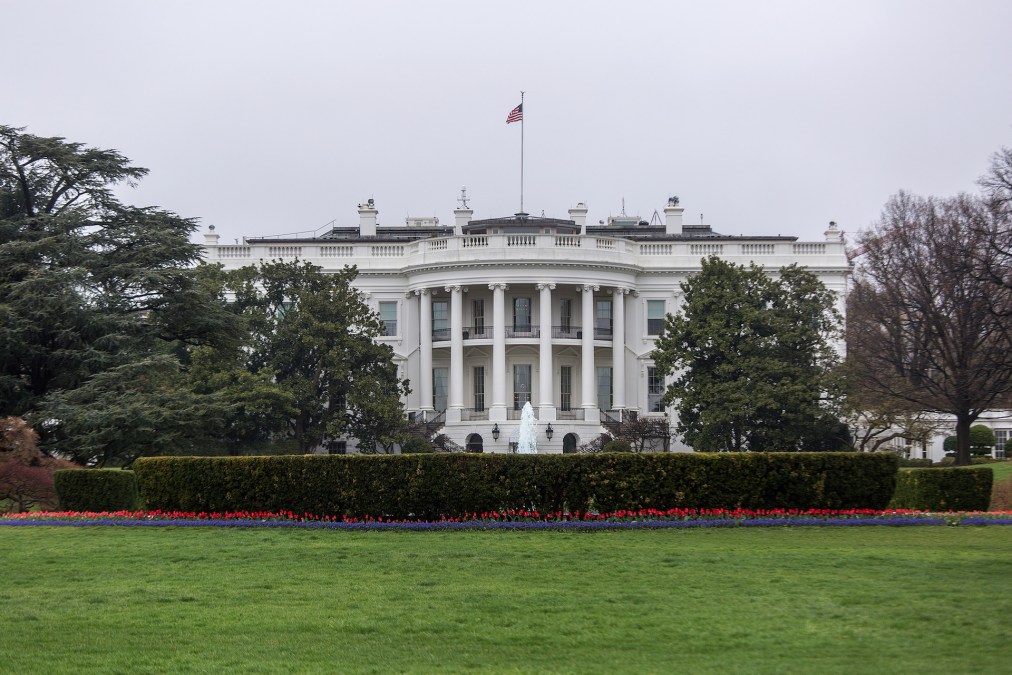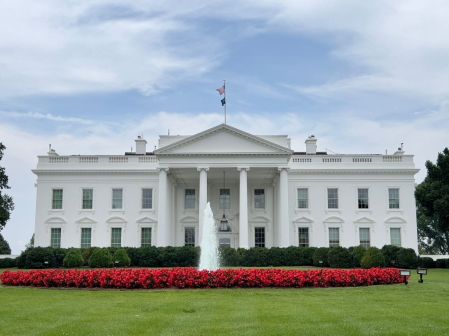Biden-Harris management agenda includes focus on design of digital services

Improving the design of digital services and the customer experience management of high-impact government service providers are among the top priorities in the Biden-Harris administration’s president’s management agenda published Thursday.
The administration in its statement of priorities said service delivery from federal service providers has “not kept pace with the needs and expectations of those it serves” and that it will work to address such shortcomings head-on.
“This includes building on progress among Federal High Impact Service Providers—those services that serve the largest percentage of people, conduct the greatest volume of transactions annually, and have an outsized impact on the lives of the individuals they serve,” the document says. “Focusing on these high-impact services will yield capabilities, tools, and practices that will cascade to other Federal programs and services as well, improving our delivery Government-wide.”
The document, issued by the Office of Management and Budget (OMB), outlines equity, dignity and accountability as three overarching themes that it says will provide a foundation for federal government policy.
The president’s management agenda is a set of initiatives and standards delivering an overarching management vision for an administration’s term of office.
As in past management agendas, federal IT delivery is emphasized as an enabler to deliver this plan’s goals, calling for agencies to “continue to enhance federal information technology (IT) and cybersecurity as key enablers of mission delivery.”
“Cybersecurity and IT modernization are critical tools that must be at the foundation of Government management. The COVID-19 pandemic showed us how critical IT investments are to supporting mission delivery and the essential work of Government,” the plan says. “We will continue to bolster Federal cybersecurity and ensure that secure systems help deliver Government services. To better prepare for our future, we also must identify and address critical skills gaps across the Federal IT and cybersecurity workforce.”
Data management and data science capacity building are also crucial across the federal enterprise, according to the agenda.
Other key developments within the PMA include a focus on federal agency recruitment – hiring the most qualified candidates for jobs from a diverse pool of talent – and ensuring that all employees have the chance to join a union.
Other core priorities outlined in the strategy document include ensuring OMB and the Office of Personnel Management have the tools to support agency human resources staff with data-driven strategic workforce planning.
In the PMA, the administration said also that it will use its procurement and financial assistance resources to drive the development of new technologies and solutions.
Commenting on the launch of the PMA, Jason Miller, OMB deputy director for management, said: “To advance the President’s ambitious agenda for our country, we must strengthen our Government’s capacity to deliver for the American people.”
Miller added: “The Biden-Harris Management Agenda Vision marks a crucial step forward in this ambitious undertaking—laying out a clear, bold roadmap toward a more equitable, effective, and accountable Government that delivers results for all.”
During the Trump administration, the PMA focused on three central pillars of reform: technology and workforce management, data accountability and transparency, and federal workforce transformation.
Over the course of the administration, this resulted in specific policies including the creation of IT modernization Centers of Excellence and the OMB’s reorganization efforts.

This story was featured in FedScoop Special Report: Transforming Digital Service - Presented by Dell Technologies






